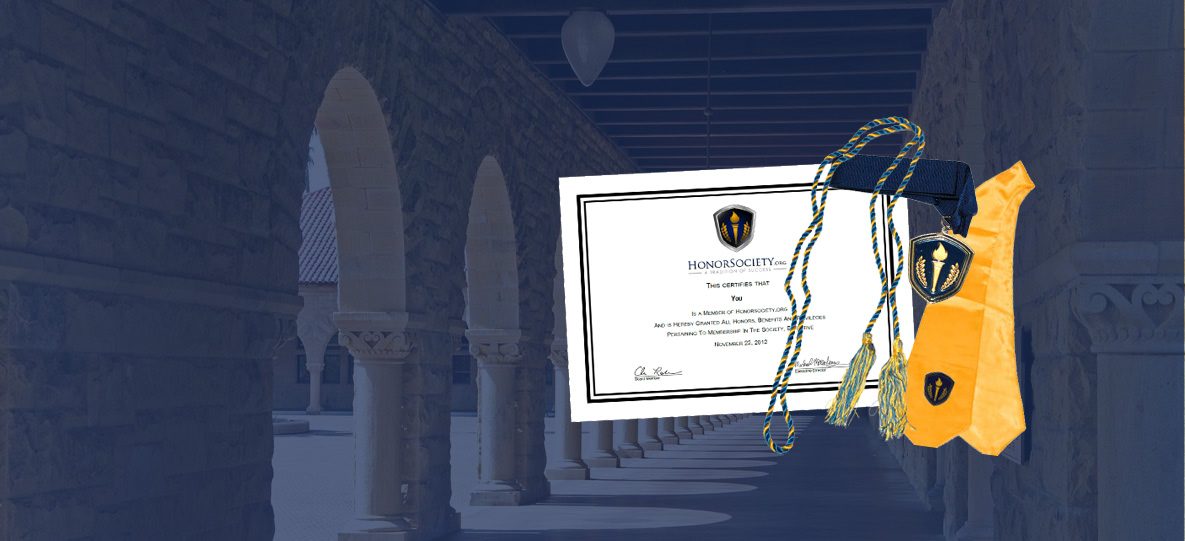I love to occupy my time with hobbies that put knowledge and experience to use. The three major hobbies that I have pursued most avidly are all activities that I have broken into in the past five years, which include the following:
* Home-brewing beer - One of my bosses introduced me to this hobby and I have found that there is no limit to how much you can learn about home-brewing. Through my studies in chemical engineering, I have gone from seeing home-brewing as a process akin to cooking a meal, to a complex chemical process where a student of limited financial means can experiment with all the unit operations involved in the manufacture of a refined product. Home-brewers quickly learn the importance of sterile techniques and thorough cleaning to maintain the integrity of each batch. Aspects like temperature, pH, yeast strain, fermentation time, oxygen deprivation, material transport, sugar choice, solid particle size, and carbonation must be considered, and there are many opportunities to change aspects of the process and see directly how it changes the final product. I didn't know it when I started, but I was dealing with a lot of the challenges of chemical processing before learning about them in the classroom.
* Building electronic devices - This is an activity that I have only just started with. Most of my time thus far has been spent reading electronics textbooks and learning the theory that underlies this hobby. With digital components and integrated circuits readily available to consumers, the construction of electronic devices is a useful hobby that doesn't require a large money investment.
* Sailing - I began taking sailing lessons with my wife, Millie, in the summer of 2015, and I have found that it can be as challenging and rewarding as you want to make it. Learning the basics of sailing, which are needed to launch, maneuver, and land a boat, can be accomplished with only a little instruction and practice. However, experienced sailors will tell you that they are always learning new ways to control the boat and understand the elements that influence its operation. There are many ways that a practiced sailor can get their boat to outperform others. I have enjoyed learning about the physics that influence a boat’s operation, and developing my abilities to judge natural conditions like wind speed and direction. I try to get better by learning how to fine tune the weight distribution of passengers, the optimum path of sail, and the manipulation of the many available control surfaces on the craft. I have found that sailing can be a tremendously rewarding experience whether you are pushing the boat to its limits in high winds, or leisurely cruising around the lake with friends.
 Travel
Hertz Car Rental Discounts & Travel Perks
Travel
Hertz Car Rental Discounts & Travel Perks  Discounts and Cash Back
Honor Society Credit Card
Discounts and Cash Back
Honor Society Credit Card  Careers
Career Insider Premium Access to over 100 Industry Guides and 5,000 Company Profiles
Careers
Career Insider Premium Access to over 100 Industry Guides and 5,000 Company Profiles  Regalia
HonorSociety.org Honor Cords & Tassels
Regalia
HonorSociety.org Honor Cords & Tassels  Health Discount Plan
Careington Dental Plan
Health Discount Plan
Careington Dental Plan  Discounts and Cash Back
New BenefitHub Portal
Discounts and Cash Back
New BenefitHub Portal 



